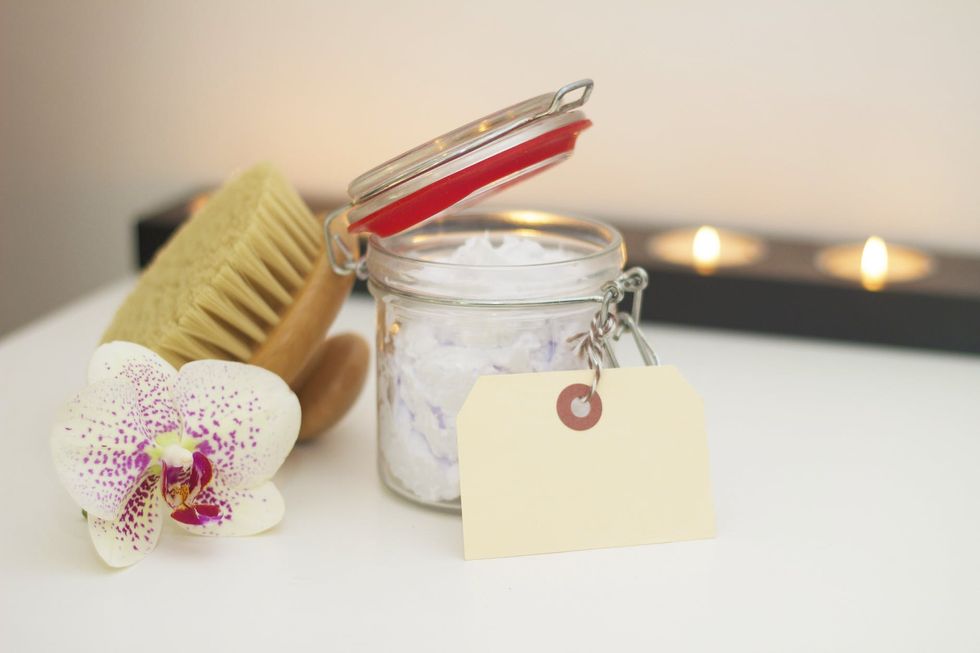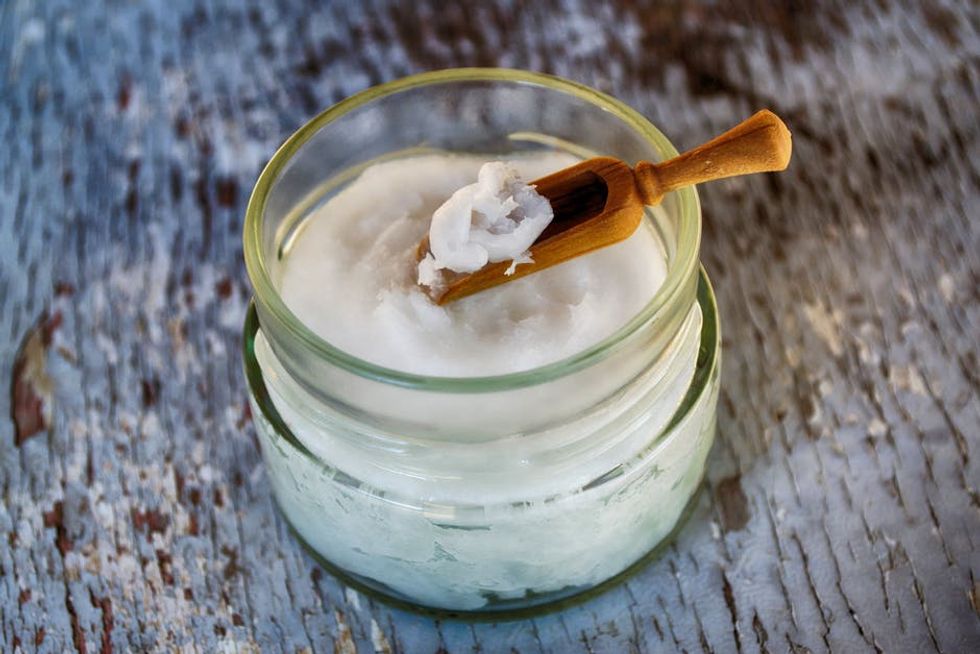Like most people, I don't have perfect skin. I fact, I probably have worse skin than most, so it feels like I've tried everything under the sun since middle school. Earlier in the 2000s, popular skincare (especially for teenagers with oily skin) was zapping the living hell out of your skin without replenishing it. But thankfully, skincare has since become more holistic, natural, and restorative! That said, here are a few ways to improve your skin without depending on a magic potion.
1. Reconsider your makeup
Queen Elizabeth I died from the toxic lead mixture, Venetian ceruse, she used as makeup. When her skin started corroding and developing sores from poisoning, she responded by applying thicker layers of the very thing causing the problem. This reminds me of my struggle with foundation and concealer (minus the dying part): it causes my breakouts, but I use it to cover breakouts.
Stopping the cycle could mean taking a break from makeup for a while, investing in a better foundation, primer, and/or concealer, and cleaning your brushes and sponges regularly.
2. Wash your pillowcases AND the rest of your sheets regularly
You've probably heard of washing or changing your pillowcases regularly, but you should do the same for your other sheets (namely your duvet cover, fitted sheet, and comforter), and for the same reasons. While your pillowcase is the most obvious piece of fabric your face comes in contact with, other sheets like your comforter can come in close contact with your face when you bundle up at night.
3. Drink water and take a multivitamin
I know it's always annoying to hear people say "just drink water!" when you ask for their skincare secrets, but I've found that it does make more of a difference over any single skincare product. Staying hydrated is an important way to improve the overall effect of your skin, and even with acne, it helps you look healthier from the inside out. A multivitamin has the same effect of improving your overall health!
4. Stop touching your face, even indirectly
This is one of the hardest things: KEEP YOUR GRUBBY LITTLE HANDS OF YOUR FACE. Don't lean your chin on your palm, don't pick at your acne, and try to apply makeup with a clean brush or sponge! Make sure to clean your phone screen and other things that regularly touch your face.
5. Standardize your skincare, and don't overdo it
When you have a breakout it's easy to want to bombard your skin with everything that burns, but that can screw up your face even more! Try and find a simple routine that works for you and stick to it. A good guide is an exfoliator, cleanser, toner, optional serum, and moisturizer. Try to use SPF in the morning (it could be in your moisturizer) and at night, you might use an eye cream. Other things to use occasionally: spot treatments for particularly bad breakouts and masks and facials for treat-yo-self days.
6. Try to use simple skin products
There are plenty of simple products that not only treat your skin better but may save you money! My recommendations (for your face) are witch hazel, rosewater, tea tree oil, tangerine oil, rosehip oil, charcoal, and aloe vera, but not all at once. For your body, try African black soap, shea butter, coconut oil, rosewater and aloe vera. These all serve different purposes; some are toners, others should be used for spot treatment, others are serums. They're all worth experimenting with.
7. Consider the roots of your skin problems
Think about the causes of your skin problems, and how you can prevent them proactively! For instance: is your acne hormonal, stress-related, or just from oil, dirt, and makeup? Is your skin uneven from scarring, dryness, or rosacea? Do you have whiteheads, blackheads, or cystic acne? And of course, is your skin oily, dry, or combination? All of these considerations can help greatly in researching and experimenting what's best for your skin!


















